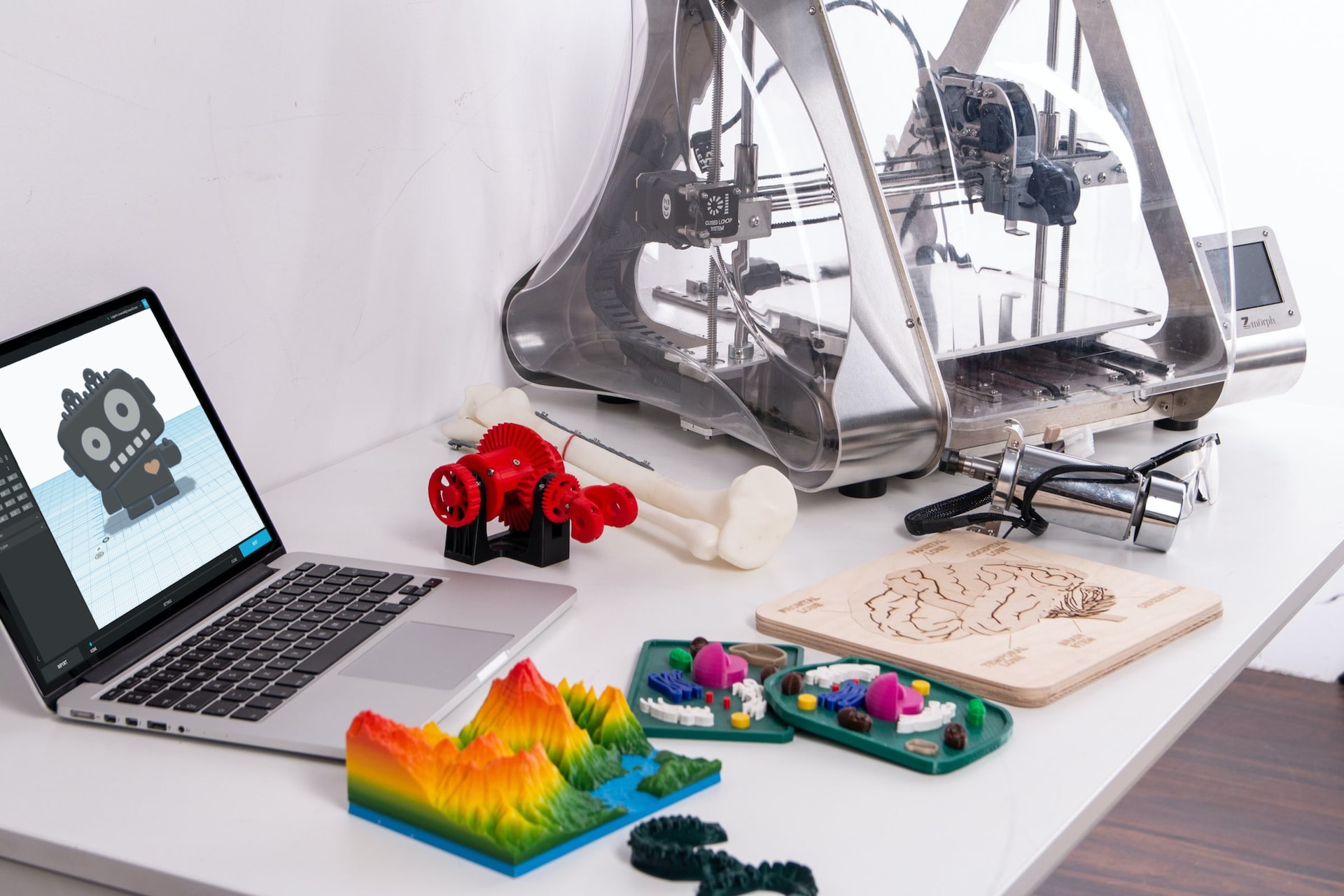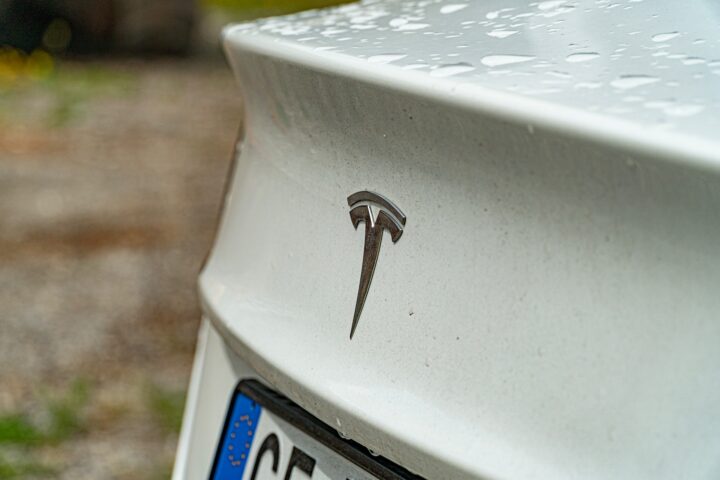Key Takeaways
- Matricelf is a pioneering startup in 3D printing and biotechnology, focused on producing tissues and organs that reduce the risk of implant rejection.
- The company uses a proprietary decellularization process that separates cells from a biopsy sample, reprograming them into pluripotent stem cells incorporated into a hydrogel and differentiated into the desired tissue.
- Founded in 2019 by Professor Tal Dvir, Matricelf is also developing targeted solutions for people who suffered traumatic spinal cord injuries, aiming to restore neuronal activity and motor functions.
Introduction
Rejection of organ and tissue transplants has remained one of the greatest challenges in the medical world. Enter Matricelf, an impressive startup from Tel Aviv, Israel, that hopes to change this narrative. The biotech company is harnessing the power of 3D printing and the intrinsic beauty of biological mimicry to create tissues and organs that drastically reduce the likelihood of implant rejection.
Matricelf is not just another startup in the vast world of 3D printing and biotech. The company, founded by Professor Tal Dvir, has rapidly evolved to realize its vision of becoming a game-changer in the healthcare industry. It uses a groundbreaking approach that combines the strength of induced pluripotent stem cells (iPSCs) with smart hydrogels to create functional tissues that mimic the native biological environment.
The Matricelf Difference
The strength of Matricelf lies in their proprietary decellularization process, a technique that separates stromal cells and extracellular matrix (ECM) from a small omental biopsy sample. With these isolated components, it then creates a thermo-responsive hydrogel derived from the ECM. The stromal cells are reprogramed into iPSCs, which are incorporated into the hydrogel before being differentiated into the desired functional tissue using Matricelf’s patent-pending methodology.
Additionally, Matricelf carves out a unique niche for itself with its focus on spinal cord implants. These specialized implants aim to aid patients suffering from traumatic spinal cord injuries, working to restore neuronal activity and motor function. Such a targeted and specialized approach sets Matricelf apart in the vast biotech landscape.
Conclusion
As the world continues to embrace the transformative impact of 3D printing across numerous sectors, Matricelf stands at the forefront of a biotech revolution, birthing innovative solutions for implant rejection, a long-standing challenge in the medical field. Their targeted approach to tissue engineering, combined with their foundational work in spinal cord implants, portrays a bright future not just for Matricelf, but the industry as a whole.
As the world keeps a keen eye on the space of 3D printing and biotechnology innovations, you can follow Matricelf’s journey and breakthroughs on their website here, or connect with them through their social channels on Facebook, Twitter, and Linkedin.
Looking to promote your brand to a targeted audience of startup founders, investors, and C-level executives? Check out our advertising opportunities and sponsored articles at StartupBubble.news! Reach out to us at [email protected] to discuss how we can help amplify your brand’s visibility and drive results. Don’t miss out on this opportunity to connect with our engaged readership. Contact us today!









